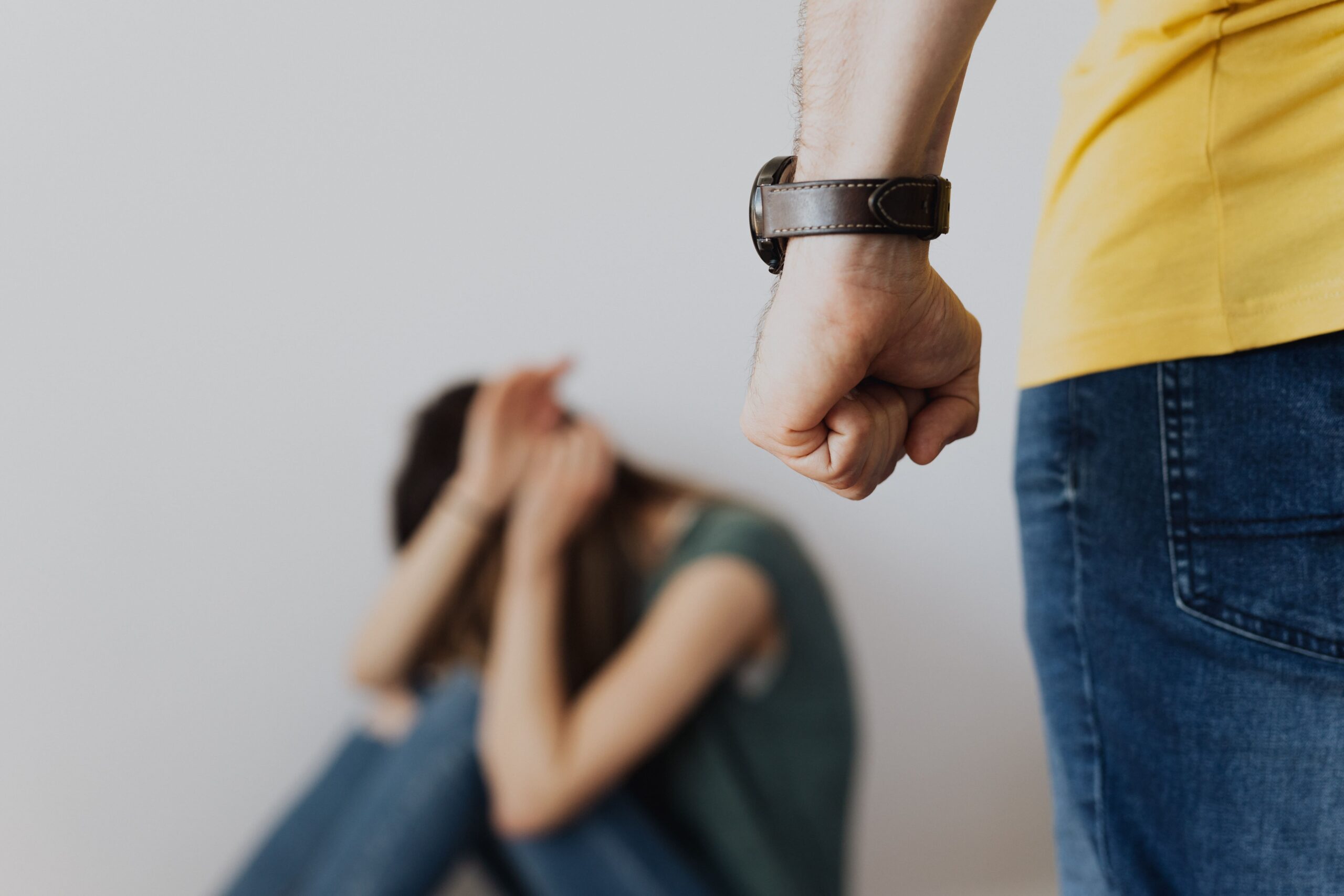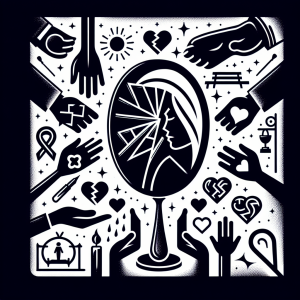Title: Addressing the Silent Crisis: UK’s Efforts to Tackle Domestic Violence
Introduction:
Domestic violence is a pervasive global issue that affects millions of individuals every day, regardless of their gender, age, or social standing. In the United Kingdom, reports of domestic violence have risen dramatically in recent years, sparking concerns over the alarming prevalence of the issue. The UK government, as well as various organizations and individuals, have recognized the need for urgent action to address this crisis. In this article, we will explore the steps taken by the UK to combat domestic violence and create a safer environment for victims.
1. Recognizing the scale:
The first step in addressing any crisis is acknowledging its severity. The UK has witnessed a rise in reported cases of domestic violence, drawing attention to the urgent need for intervention. According to the Crime Survey for England and Wales, in the year ending March 2020, an estimated 2.3 million adults aged 16 to 74 experienced domestic abuse. These numbers are simply unacceptable, and lawmakers and organizations have embarked on a crusade to confront this crisis head-on.
2. Legislative reforms:
To tackle domestic violence effectively, the UK government has introduced numerous legislative reforms. The Domestic Abuse Bill, which came into force in April 2021, has significantly strengthened the legal framework for addressing domestic abuse. The bill recognizes that domestic violence encompasses not only physical abuse but also emotional, coercive, and controlling behavior. It provides greater protection to victims by broadening the definition of domestic abuse and offering wider enforcement powers to authorities. This landmark legislation fills significant gaps in the legal system, emphasizing the gravity with which domestic violence is now regarded.
3. Increased funding:
To back these new legal reforms and provide support to victims, the UK government has committed substantial funding to combat domestic violence. In November 2020, £125 million of emergency funding was pledged to support domestic abuse victims and their children, ensuring provision of safe accommodation, helplines, and support services. This additional funding has been crucial in expanding outreach programs, raising awareness, and establishing various rehabilitation schemes to break the cycle of abuse.
4. Taking a preventive approach:
To address the crisis holistically, the UK has started to prioritize prevention. Recognizing that education plays a pivotal role in preventing domestic violence, the government aims to incorporate comprehensive relationships and sex education (RSE) in the school curriculum. By educating young individuals about healthy relationships, consent, and gender equality, they hope to dismantle toxic norms and foster a generation less prone to domestic violence. Furthermore, campaigns and initiatives designed to raise public awareness and change societal attitudes about gender-based violence have emerged, empowering individuals to challenge and reject abusive behaviors.
5. Enhanced support for victims:
Over the years, the UK has made significant progress in strengthening support for domestic violence victims. Organizations such as Refuge, Women’s Aid, and the National Domestic Abuse Helpline have been pivotal in providing emergency shelter, counseling, and advice to victims in need. The government has also invested in training and equipping the police and other key stakeholders with the skills necessary to handle domestic violence cases effectively. Efforts have been made to consolidate the response across various sectors, ensuring that victims receive the necessary support from health professionals, social services, and the justice system.
FAQs:
Q1. What are the signs of domestic violence?
A1. Domestic violence can manifest in various forms, including physical abuse, emotional and psychological abuse, sexual abuse, and financial control. Signs may include physical injuries, withdrawal from family and friends, depression or anxiety, and coercive behavior from the abuser.
Q2. How can I help someone experiencing domestic violence?
A2. If you suspect someone is experiencing domestic violence, approach them with empathy and respect. Offer a listening ear, be non-judgmental, and assure them of your support. Encourage them to seek professional help from domestic violence support services or helplines.
Q3. Are there any emergency helplines available for victims in the UK?
A3. Yes, there are several helplines available in the UK, such as the National Domestic Abuse Helpline (0808 2000 247) and Men’s Advice Line (0808 801 0327). These helplines offer confidential advice, support, and information to victims, their friends, and family members.
Conclusion:
The issue of domestic violence is no longer shrouded in silence in the United Kingdom. The steps taken by the government and organizations to address this crisis are commendable. By recognizing the scale of the issue, implementing legislative reforms, providing funding, promoting prevention, and enhancing support for victims, the UK aims to dismantle the culture of violence and create a safer society. It is crucial to continue raising awareness, supporting victims, and encouraging individuals to speak out against domestic violence to ultimately eradicate this silent crisis.




















